What we aim to do?
✦ Our story
A story about the project. How it all began. What is processes are. About the childrens. A story about the project. How it all began. What is processes are. About the childrens. A story about the project. How it all began. What is processes are. About the childrens.
About the childrens. How they love and cherish fairy tales. Sign language is a great tool for deafs and others interested in this language to open doors to the world of fairy tales while also learning a foreing language. It can also help strenghten the connection with family members and teachers. About the childrens. How they love and cherish fairy tales. Sign language is a great tool for deafs and others interested in this language to open doors to the world of fairy tales while also learning a foreing language. It can also help strenghten the connection with family members and teachers. About the childrens. How they love and cherish fairy tales. Sign language is a great tool for deafs and others interested in this language to open doors to the world of fairy tales while also learning a foreing language. It can also help strenghten the connection with family members and teachers.
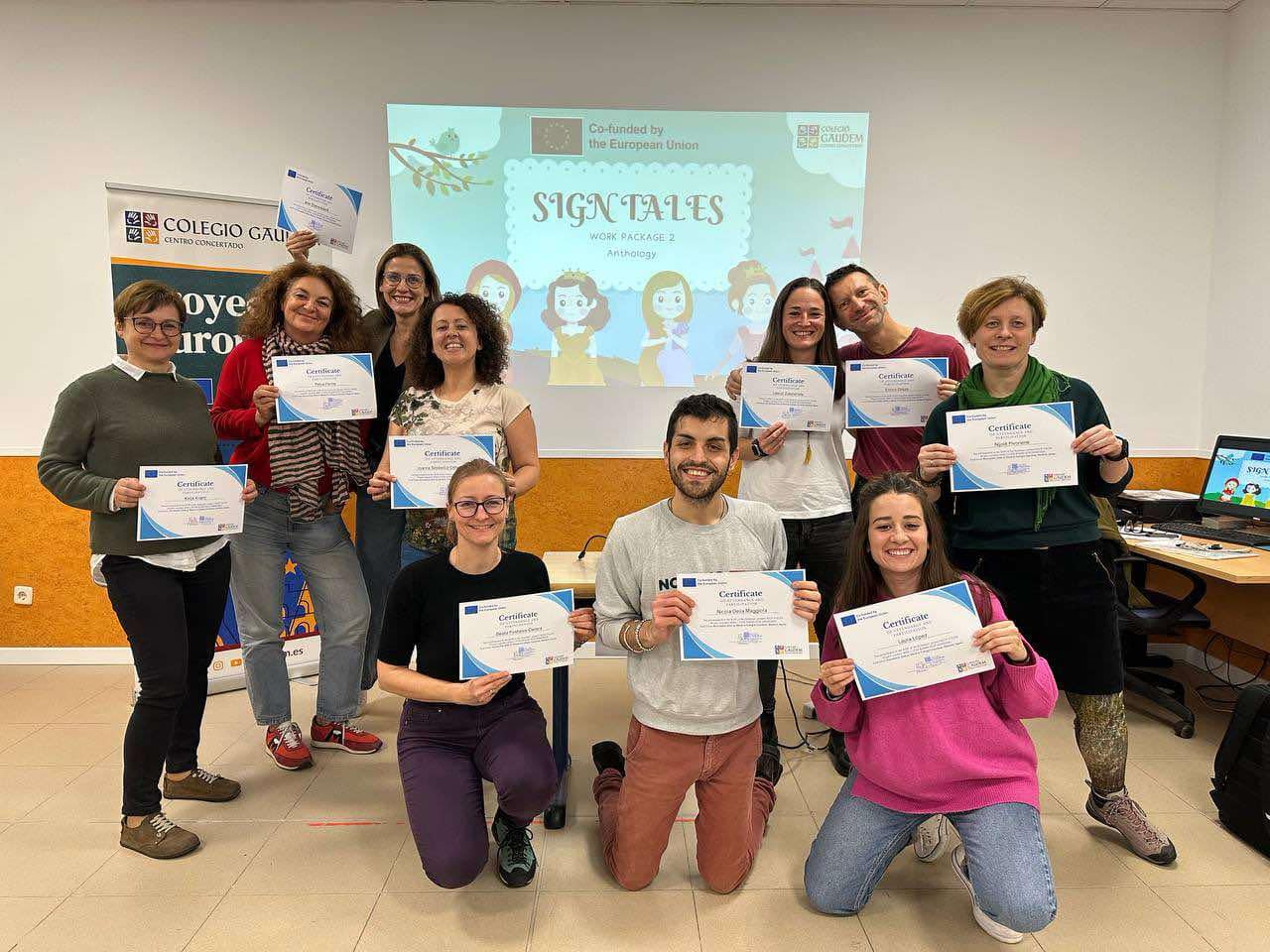
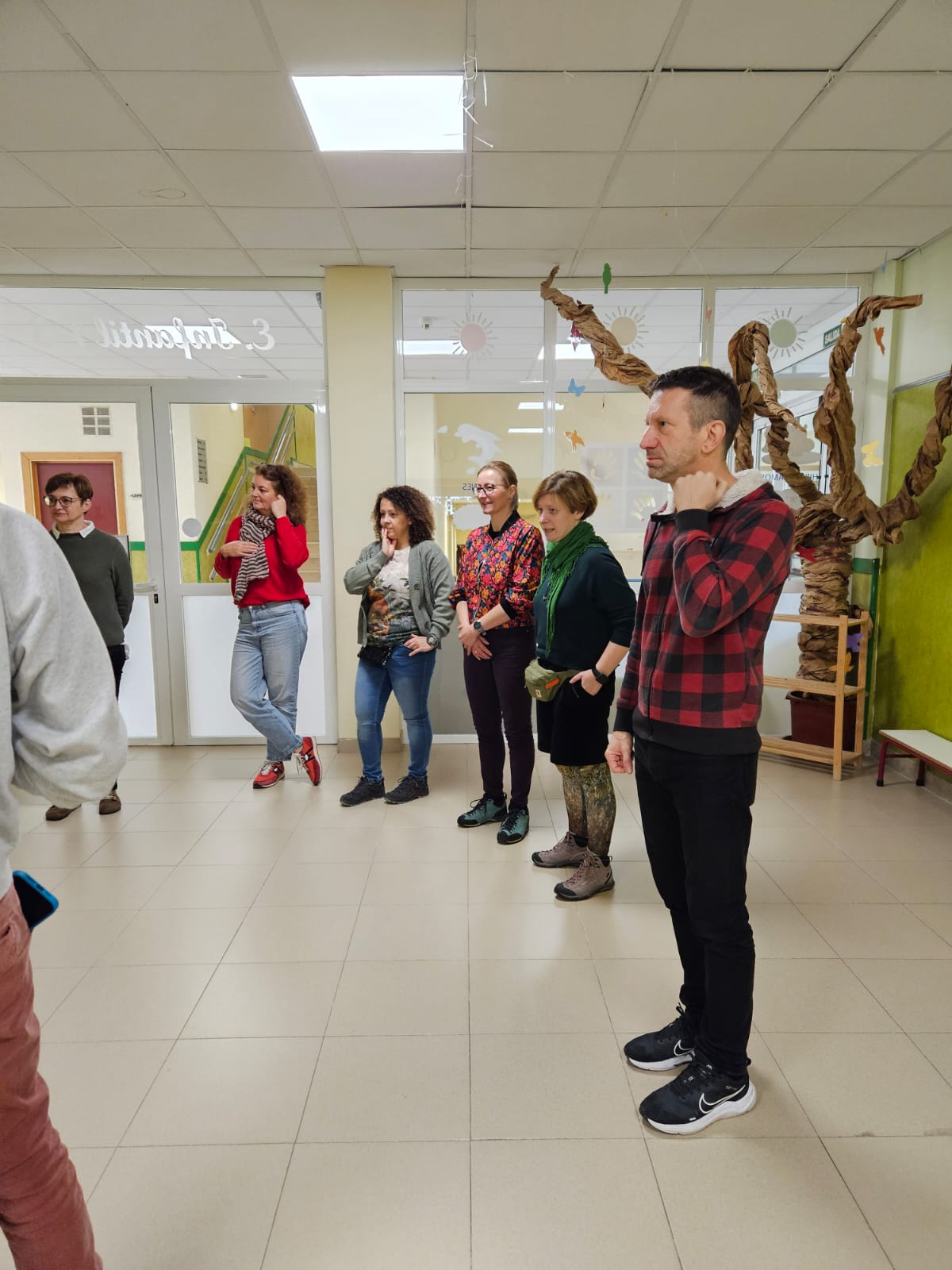
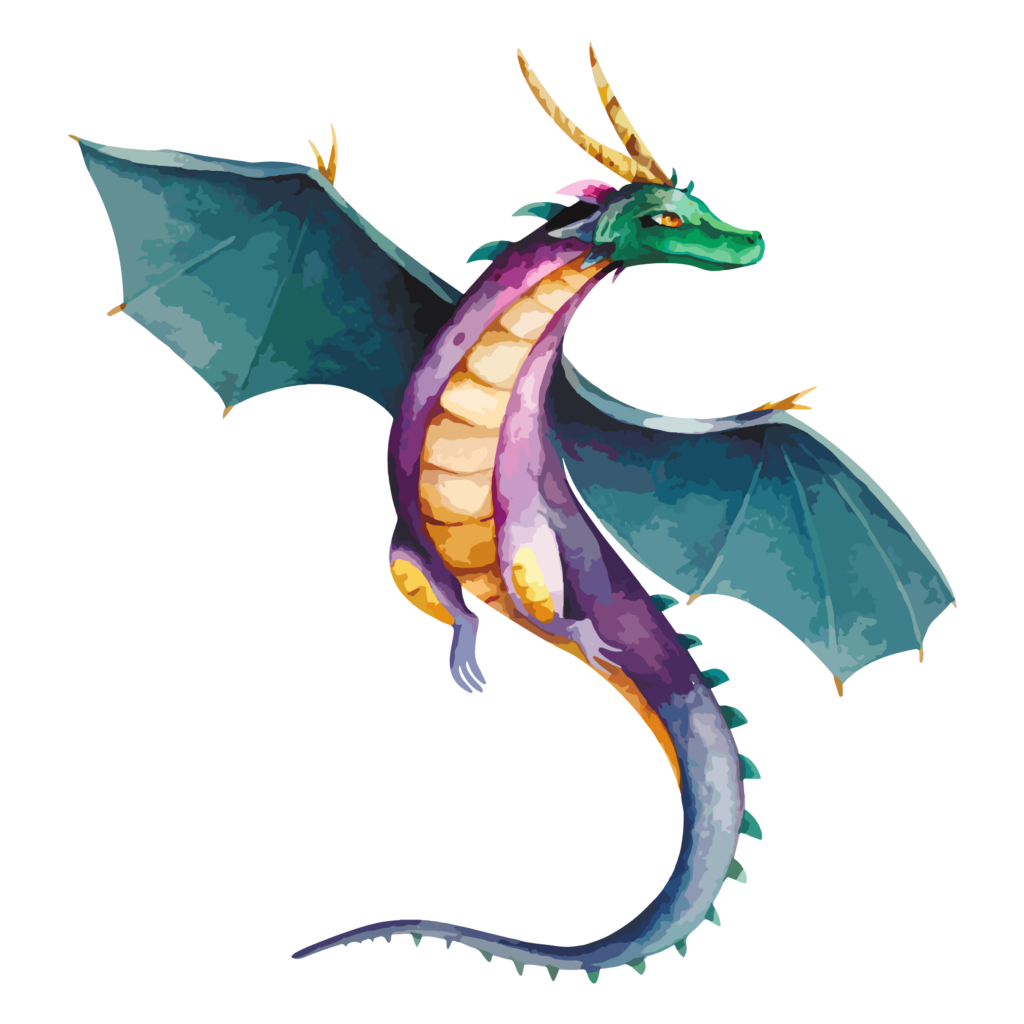
Partners Introduction
Lorem ipsum dolor sit amet, consectetur adipiscing elit. Ut elit tellus, luctus nec ullamcorper mattis, pulvinar dapibus leo.
The Lithuanian Centre for the Education of the Deaf and Hard of Hearing (LKNUC)
The Lithuanian Centre for the Education of the Deaf and Hard of Hearing (LKNUC), established in 1945, is a state institution that provides education to children with hearing impairments at various levels, from preschool to vocational training. The centre also has a Sign Language Promotion and Training Department that encourages the use of sign language, as well as an Educational Support Department offering specialist assistance throughout the country. LKNUC aims to be a modern, open, and inclusive educational institution that ensures the integration of deaf and hard of hearing individuals into society and supports their successful independent living.
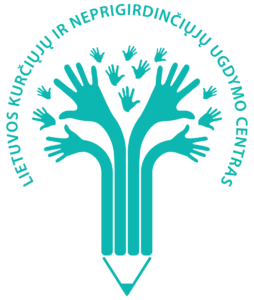

Gaudem School
Gaudem School, formerly the Instituto Hispanoamericano de la Palabra, was founded in 1962 as a school specialized in the education of deaf students. In 2008, it transitioned to an inclusive model, welcoming hearing students and fostering a shared learning environment that is accessible and enriching for all. The school embraces a diverse student body, including deaf students, students with intellectual disabilities, autism (ASD), students without disabilities, and those in vulnerable situations. It follows a bilingual approach, integrating Spanish Sign Language (LSE) and Spanish, as well as English and Spanish. Gaudem implements a co-teaching model, with two teachers in each classroom—one specializing in spoken language and the other in sign language—ensuring full participation for all students. Additionally, the school offers specialized programs for students with disabilities and social difficulties, promoting inclusion through shared activities. The school also provides a wide range of extracurricular activities and speech therapy services, supporting the holistic development of its students. Managed by a teaching cooperative, Gaudem School remains committed to an accessible, inclusive, and high-quality education.
Specjalny Ośrodek Szkolno
Specjalny Ośrodek Szkolno – Wychowawczy dla Niesłyszących im. Janusza Korczaka is a special education center providing services for hearing impaired students, deaf students and students with aphasia or communication disorders. The Centre consists of Special I Sectoral Vocational School, Special Technical Secondary School, Special High School and Post-secondary School and educates students from 15 to 24 years old. The school staff are professionals trained in deaf education and oligophrenic pedagogy, who work as a teachers, special educators – tutors, vocational trainers, speech and language disorders therapist and psychologist. The main goal and task of the Center is to provide students with such a level of general, professional and social preparation that they will be able to live independently in the family, community and society.
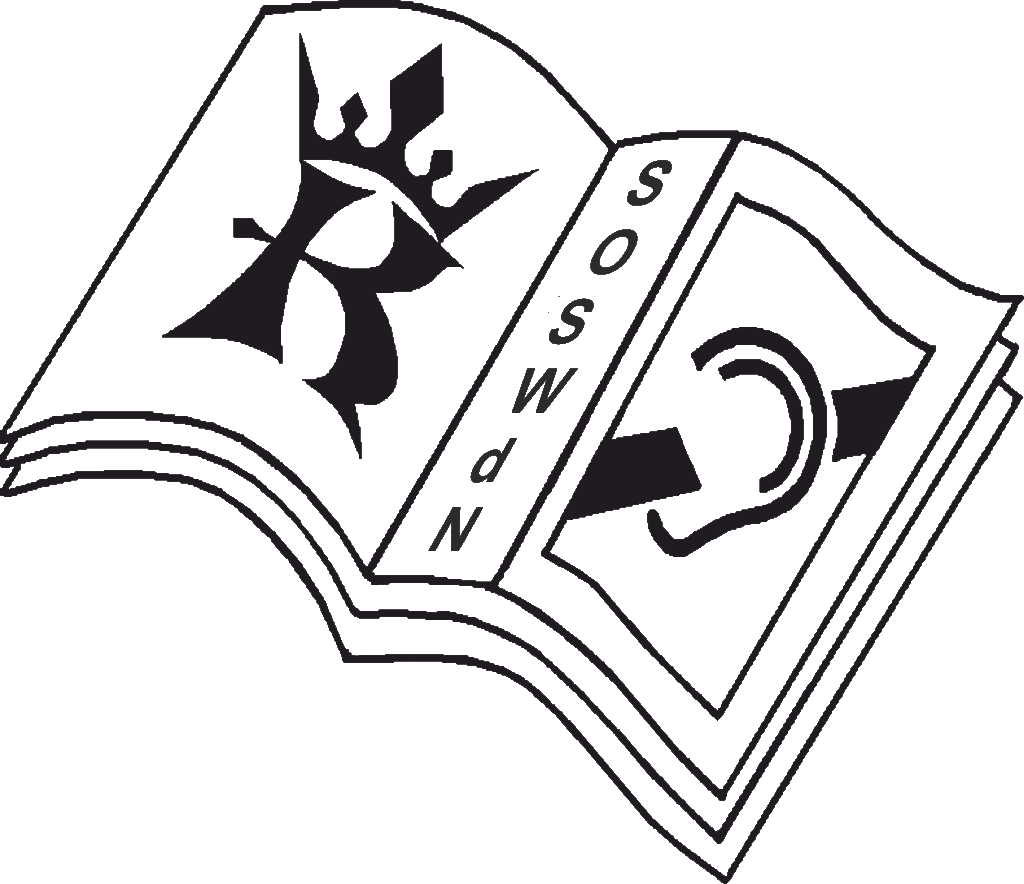
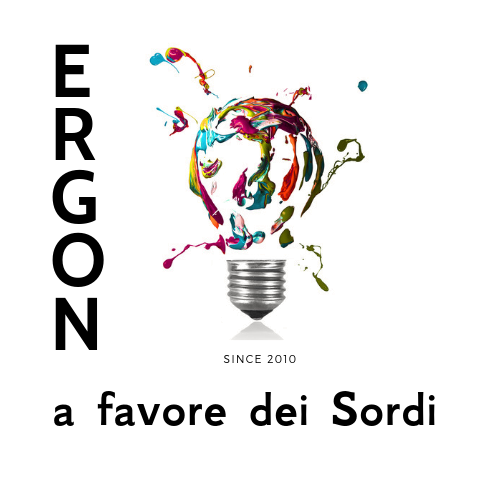
Italy school
The Association was founded in 2010 in order to support a group of youngsters, young adults, alumni of the Istituto dei Sordi di Torino, to develop entrepreneurial skills and be more active in the world of work. The basic idea was to cooperate with the school in the management of some facilities (cantina, cafeteria) and to re insert some unused assets into the economic track, such as a small farmland and some rooms formerly used for school purposes. All this in a perspective of growth also in the digital environment and with the introduction of innovative technologies in activities previously managed with very traditional formulas. The association is active in the field of dual discrimination, working mainly with young people that face at least two possible reasons of weakness in the society: disabled and migrant; disabled and women; disabled with double diagnosis; disabled and unemployed.
Czechia school
Our school is engaged in specialised education. We cater for children of pre-school, junior and senior school age. In our educational institution we teach according to two educational programs. Deaf pupils are educated according to the programme “I can’t hear but I understand”. Teaching is adapted to children with hearing impairments and sign language is respected as their mother tongue. Teaching is done through total communication and Czech is taught as the first foreign language. The second teaching programme, “I want to speak like the others”, is dedicated to pupils with hearing impairments, speech impediments, sensory impairments and specific learning difficulties. Our teaching programmes provide a primarily individual approach, a reasonable pace of work and classes with small numbers of pupils. We try to individualize our teaching approaches as much as possible to best meet the specific needs of our pupils. We provide boarding accommodation for pupils from further afield.
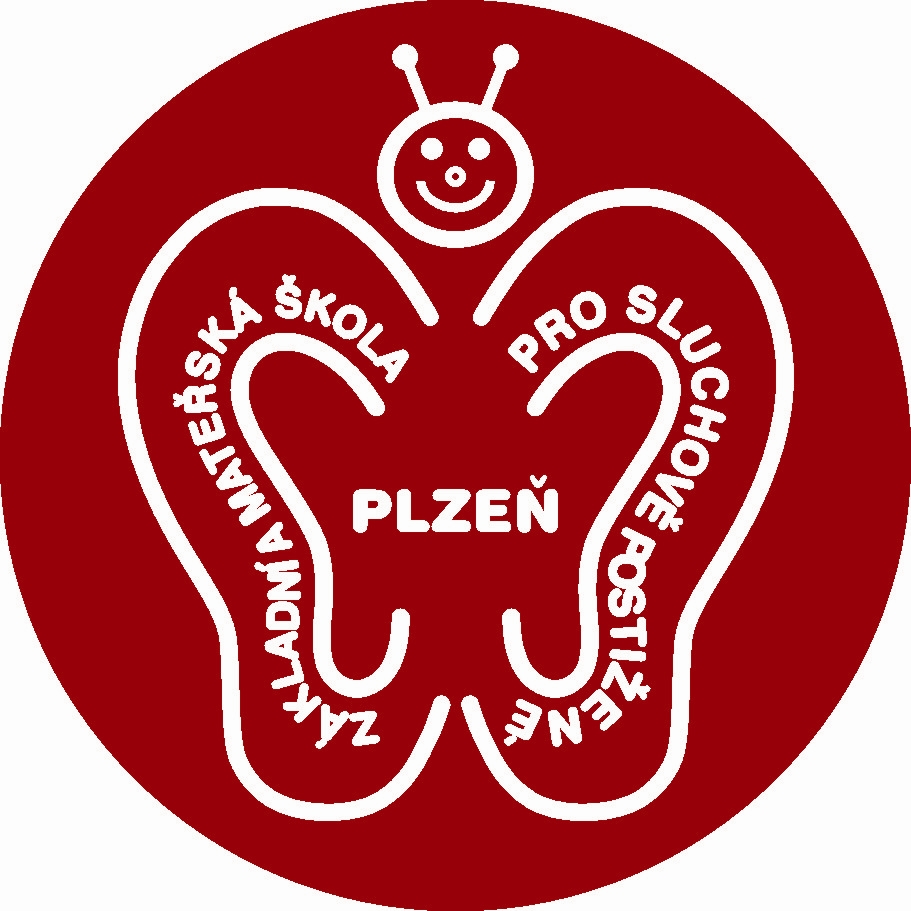
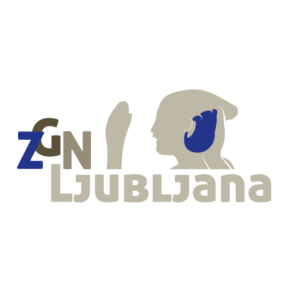
Slovenia school
The Lithuanian Centre for the Education of the Deaf and Hard of Hearing (LKNUC), established in 1945, is a state institution that provides education to children with hearing impairments at various levels, from preschool to vocational training. The centre also has a Sign Language Promotion and Training Department that encourages the use of sign language, as well as an Educational Support Department offering specialist assistance throughout the country. LKNUC aims to be a modern, open, and inclusive educational institution that ensures the integration of deaf and hard of hearing individuals into society and supports their successful independent living.
Our goal
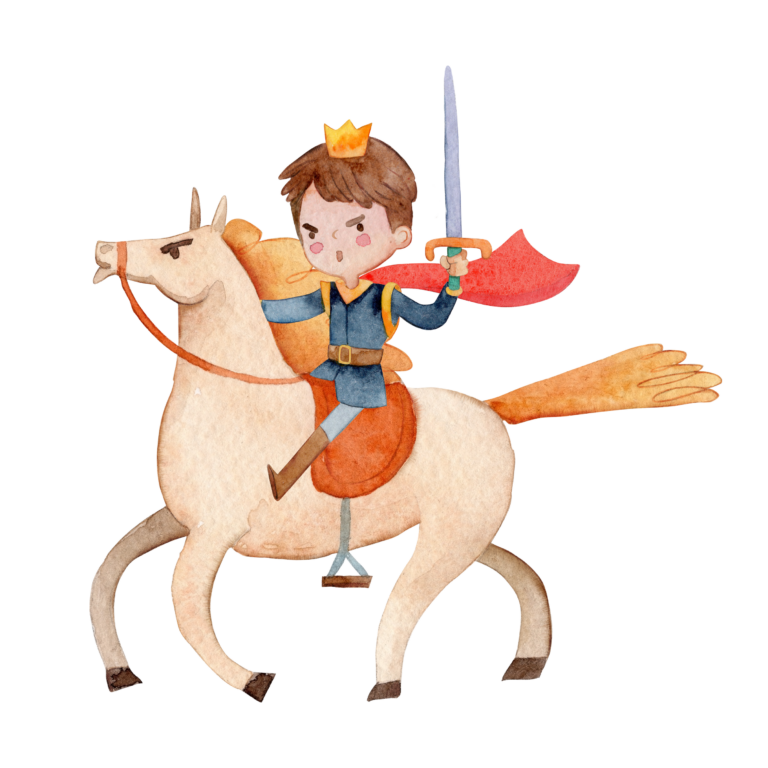
Accessibility
Ensuring that Deaf and hard-of-hearing students have access to high-quality educational resources in International signs and written English.
Educational support
Providing teachers, educators, and families with structured materials to enhance Deaf children's learning experience.
Bilingual Learning
Promoting the development of English and International sign skills through engaging literary content.
Cultural Representation
Encourage the appreciation of European literary heritage, making stories available to Deaf learners.
Our vision
What we aim to do?
✦ SignTales is a project designed to help students, especially those who are deaf, learn English and International Sign Language.
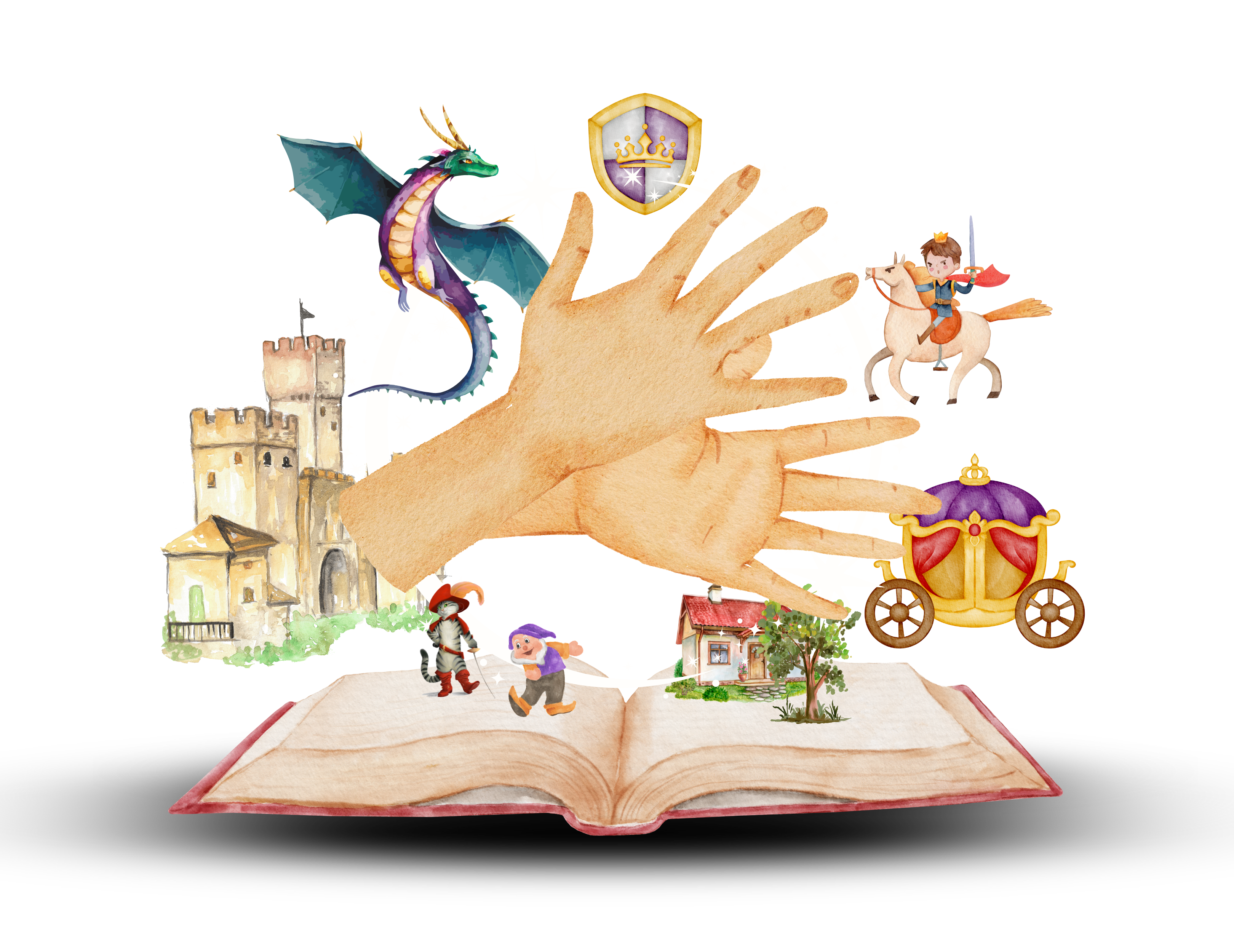
1. Develop a multilingual literaty collection:
Create a selection of 18 adapted literary works, folklore, and fairy tales from six European countries, translating them in International Signs and national sign languages.
2. Adapt educational materials for
different age groups:
Ensure that the content is available at three educational levels: preschool, primary, and secondary, making it suitable for diverse learning needs.
3. Create an International signs -
English dictionary:
Develop a glossary of essential terms.
4. Provide structured educational resources:
Provide resources for teachers on how to effectively use these materials
when teaching deaf children.
5. Encourage deaf children's storytelling skills:
Support the development of narrative expression in sign language,
fostering creativity and self-expression.
6. Promote cultural exchange:
Encourage the appreciation of European literary heritage, making traditional stories available to deaf learners.
7. Increase awareness:
Promote sign language accessibility and deaf inclusive education, ensuring that more schools and institutions recognize the importance of bilingual learning for deaf students.
